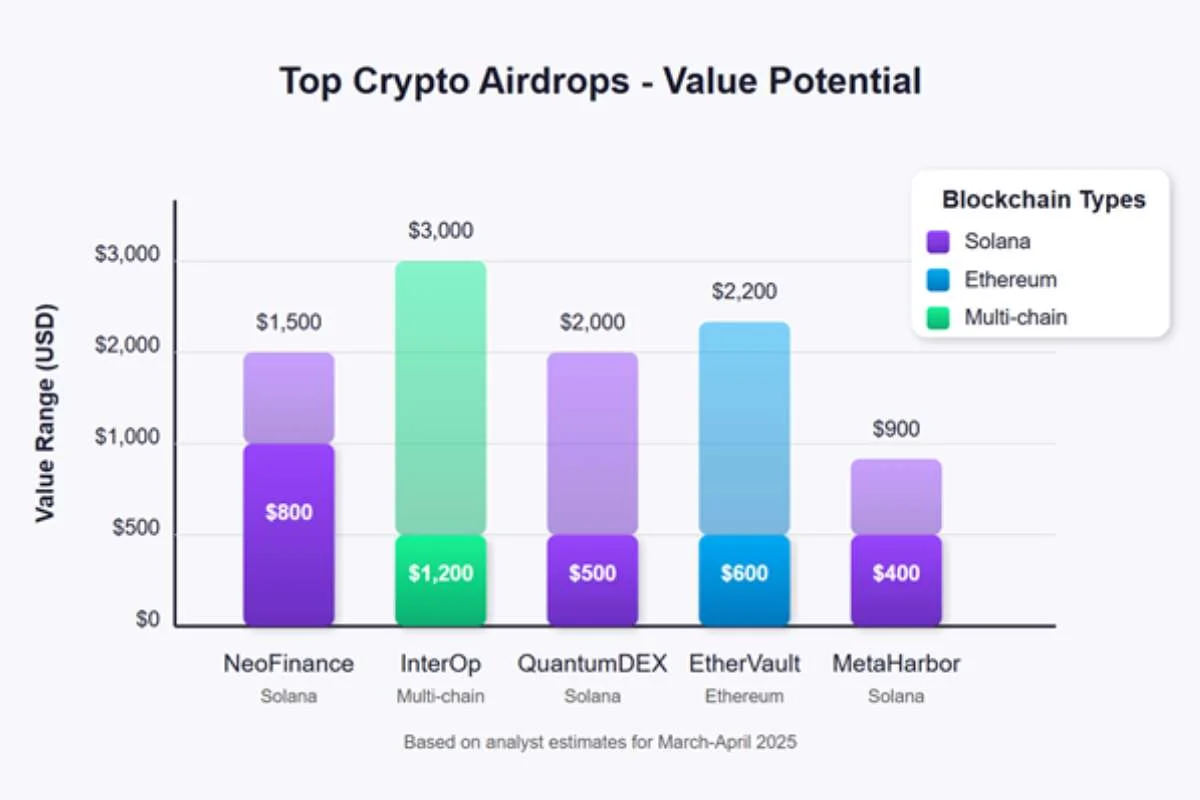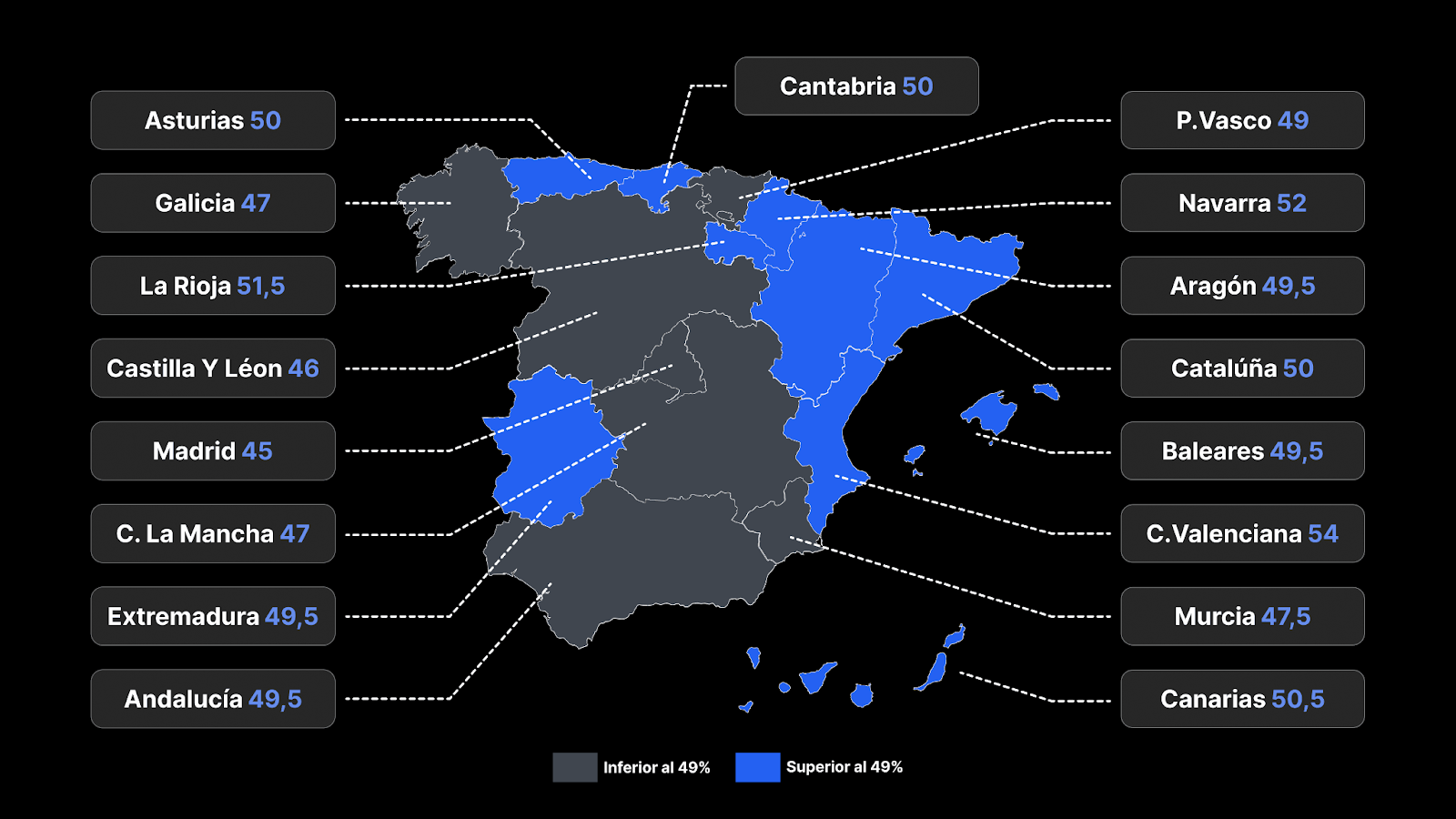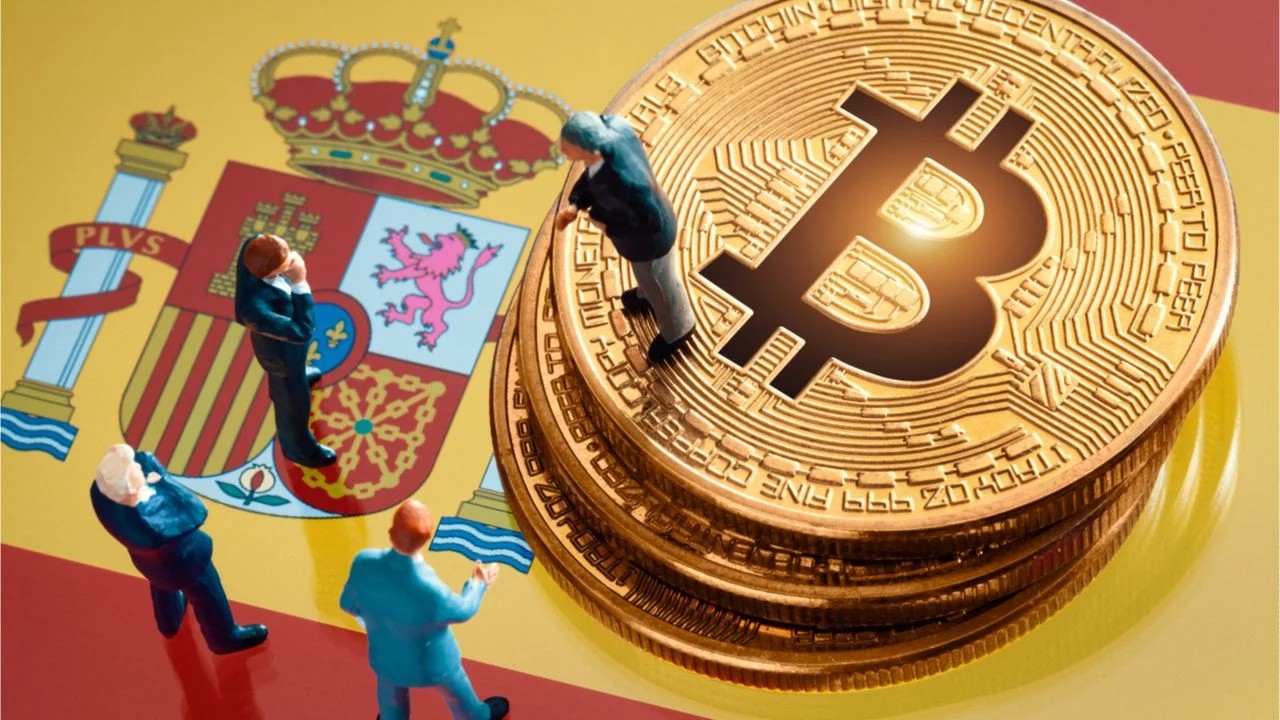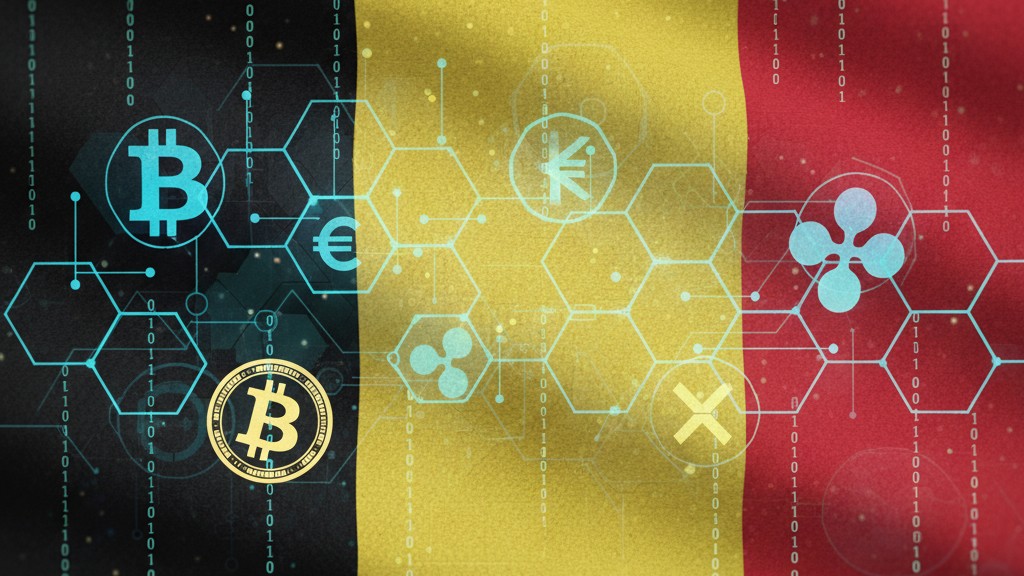La Ley del IRPF covers any type of earnings whatsoever. Article 17 adds that earnings from work or services are subject to IRPF.
That’s why virtual cash rewards are levied as your takings. Mining rewards are treated as payment for providing computational services. Your yields resemble interest and fall under earnings from capital if you stake. Airdrops are free to the recipient but deemed “unexpected takings” and taxed as such.
The Spanish Constitution never mentions cryptocurrency. But Article 31 establishes that everyone must contribute to public expenses according to their financial means.

Residency
The cutoff for this is 183 days per year, whether or not you vacation, and they may inquire whether an extra home “somewhere else” is a haven. Financial groundedness and interests can also put you as a resident as well as spousal or parental ties. Burden of proof is on you.
The state treats its nationals who move their public filing elsewhere as non-cooperative as well as particular locations. For four years, they insist Spain is your filing home.

19–47%
Anyone who qualifies as a resident for public payment must report all takings, no matter where, upon considering their personal allowances. What you’ve earned from crypto transactions is what you owe for. The obligation is applied at a single fixed rate with no deductions.
The law categorizes your earnings into general/savings income. Each group forms a separate base, and only after that can deductions apply.
Money in the savings category is free of obligation. This covers wages, pensions, rental earnings, and even some gambling winnings. The system combines a national rate with a regional rate.
Here are the current rates:
What You’ll Owe Off Crypto Mining
The Tax Agency considers crypto mining an economic activity because miners provide computing power and receive coins in return. Article 27 defines economic activities as work organized with resources to produce goods or services. Cryptocurrency mining fits this definition, and the rewards are classified as business proceeds.
Article 28 of the IRPF sets out that any money requiring government payment is calculated as revenue minus allowable expenses. This can include electricity bills and internet fees for miners. The net profit after deducting expenses is added to your general takings, subject to state payment under progressive rates.
We’ll use Paul’s scenario. The miner earned €5K worth of crypto in a year after spending €2K on electricity and equipment. His taxable profit would be €3K.
This amount falls fully within the first bracket that goes up to €12,450. Paul will be subject to a 19% in this case. This translates to €570.
Handling Spain’s crypto taxes can get complicated fast. 8lends offers Swiss-based guidance for mining, staking, and giveaways. Their platform helps investors calculate fair market values, track taxable gains, and ensure full compliance with Ley del IRPF, making tax reporting simpler and more accurate.
Government Treatment of Staking Rewards
The system treats staking rewards as savings. When someone locks their crypto into a blockchain network, they receive extra coins in return for helping to validate transactions.
Article 25 defines income from movable capital as returns obtained from lending or transferring assets. Crypto staking fits here because the user provides assets to the network and earns a return.
Article 46 states that this type of proceeds must be included in the savings base. It is paid on separately from general takings.
Let’s assume that you’ve staked €140K worth of tokens and earn 10% in rewards. This means you’ll earn €14K in new coins. The law treats these earnings as from movable capital and part of your savings base. The fiscal department treats the savings base separately from general proceeds.
The €14K gains fall within the second bracket that demands 24% of your earnings. This means you owe €3,360 on your staking rewards.
Airdrops: Free Tokens but Taxable Events
Any tokens received through airdrops are not “free” in the eyes of the government authority. They increase the recipient’s wealth and are therefore taxable even without payment. Article 6 defines takings as any increase in wealth that can be valued in money or goods.
Article 37 explains how to assign a value to assets that are obtained without payment. This applies directly to tokens received in an airdrop.. The law requires you to declare the market value of the tokens at the time you receive them in such cases. It treats that amount as subject to government payment.
Imagine a person receives 200 tokens in an airdrop. Each token is worth €2 on the day they are credited, so the total value is €400. If this person’s total revenue for the year is €20,000, the €400 is added on top to create €20,400.
This amount falls into the 30% bracket. The €400 from the airdrop is therefore taxed at 30%. This equals €120 in due.

Computing Received Crypto
Cash obtained through mining, staking, or airdrops has to be relayed with La Ley del IRPF as the legal basis. Article 37 explains that when assets are acquired without payment, the market at that date sets their taxable worth. Taxpayers must look at when they got an influx and when.
In the event it’s traded on several exchanges, one may average them or choose a reliable, well-known platform. In cases where no clear market value exists, it’s common to check the nearest date where trading data is available. Say you made 100 tokens in July at €3 on that day, what you fork over to the government is €300.

Individual Allowance
Spaniards are entitled to a tax-free portion of their proceeds. This is known as the personal and family minimum. Younger taxpayers under 65 can exclude €5,550 for 2024 in what they owe. The allowance rises to €6,700 once you reach 65. It goes up again to €8,100 after 75. Some autonomous communities set their own figures.
Taxpayers who support children, aged or disabled relatives can qualify for extra relief. The amount you receive depends on how many children are in your care, and it’s structured as follows:
Firstborn: €2,400
Second born: €2,700
Third born: €4,000
Fourth born: €4,500
These benefits work directly as credits that reduce the total you owe instead of lowering your earnings you pay on. The allowance is applied after your public debt has been calculated. It’s a direct reduction of the bill rather than just trimming your revenue beforehand.
There’s extra support if your youngest children are under three years old. This adds €2,800 for each child in that age group. Relief is also available when you care for elderly parents or grandparents, provided your annual takings don’t exceed €8,000. The allowance is €1,150 if they are over 65, and €2,550 once they pass 75.
Reporting in Modelo 100
Spanish laws require that all takings be declared in the annual return, Modelo 100. The rules apply to rewards from mining, staking, and airdrops.
Article 96 makes it mandatory for payers with earnings above certain limits to file a return. Article 119 requires that the declaration include all types of proceeds. It doesn't matter how they are obtained.
The type of earnings determines where it is reported when filling out Modelo 100. Mining profits are declared as business revenue within the general base. Rewards from staking go into the savings base as income from movable capital. Giveaways are reported as general proceeds because they are considered windfalls.
Savvy investors are thorough with stashing records, as they must match the legal requirements.
Penalties for Non-Declaration or Errors
Article 191 establishes serious consequences for undeclared earnings. The government department also grants late-filing surcharges for traders who submit their returns after the deadline. This happens even without prior notice from the state authority. Interest charges may apply until payment is made.
Your only way out of these costly penalties is to follow the same rules that apply to other types of income. This means you must apply the correct earnings category from all places.
The state departments rely on cross-checks complemented by info sharing. You can’t afford to be on the wrong side of the law. Savvy traders work with seasoned Spanish tax professionals. Do the same to determine the correct allowances and calculate your tax accurately. Avoid costly mistakes when reporting crypto income. 8lends provides professional solutions for Spanish taxpayers, covering mining, staking, and airdrop earnings. Get precise calculations, record-keeping tools, and full compliance support.








